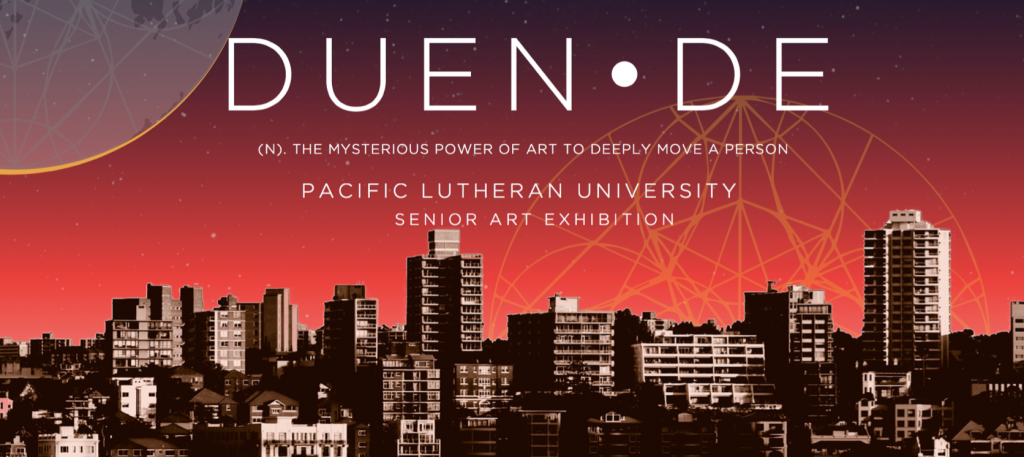Page 26 • (254 results in 0.079 seconds)
-
Originally published in 2005 For two weeks of March, 2000, in the vast jungle along Mexico’s southern border with Belize, I joined a team of biologists and hounds in chasing and capturing a wild jaguar. I was in Mexico as a Fulbright Scholar. It took…
and Marc Bekoff’s Species of Mind: The Philosophy and Biology of Cognitive Ethology (MIT 1997). Donald Griffin especially stimulated the emergence of the field in such books as Animal Minds (Chicago 1992) and Animal Thinking (Harvard 1884), arguing that the way to understand animal intelligence was to look not at the stereotypical behaviors of species. Rather, the flexibility, variability, and purposiveness of the individual animal offer insight in animal intelligence. He and other early researchers
-

Associate Professor of Biology Jacob Egge works with students during a summer semester research project. (Photo by PLU Photographer John Froschauer) Faculty-Student Research Provides a Cornerstone of the PLU Mission By Pacific Lutheran University Marketing & Communications and the Office of the Provost This year’s…
women and minorities in the decades after WWII. As the YMCA included more minorities and women, it found it harder to promote a coherent understanding of Christian manhood. This shift unintentionally shed light on the racial and class stereotypes built into Christian understandings of masculinity. Pauline Kaurin, Ph.D., and Peter Joyce Department of Philosophy Moral Considerations in Jus in Bello Kelmer-Roe Fellowship This project seeks to apply philosophical methods and insights to the examination
-

TACOMA, Wash. (March 4, 2015)—Since its founding in 1990, Pacific Lutheran University’s Women’s Center has empowered women and their allies to become advocates for gender equity and social justice. Along the way, through education, counseling, mentoring and even celebration, its staff, volunteers and community have…
my own voice as an academic professional; it was here I found mentors that helped me become a leader; and it was here that I could relax a little. Over the years I have also used the Center to hold Philosophy seminars. Some of my most successful and fulfilling classes were held in the Women’s Center, and I attribute much of that to the atmosphere it provides. The houses have changed over the years, but not the spirit of the place. Erin McKenna Faculty at PLU since 1992; former Chair of Women’s
-

The Spanish word, Duende (du-end-ay), has come to refer to the mysterious power that art has to deeply move a person. Soon-to-be graduates in the Department of Art and Design chose this word to rally around for their senior exhibition in the University Gallery, opening…
Tahle Oestby was born in Bergen, Norway in 1992. She has always enjoyed making art, and especially drawing has been a favourite from an early age. Tahle majored in Studio Arts at Waldorf High School and went on to Rome, Italy to study philosophy and art history, as a part of a Norwegian university program. In 2014 Tahle went to Atlanta, Georgia to study Studio Arts at Oglethorpe University, but after one semester, she transferred to Pacific Lutheran University to pursue a degree in Graphic Design
Do you have any feedback for us? If so, feel free to use our Feedback Form.


